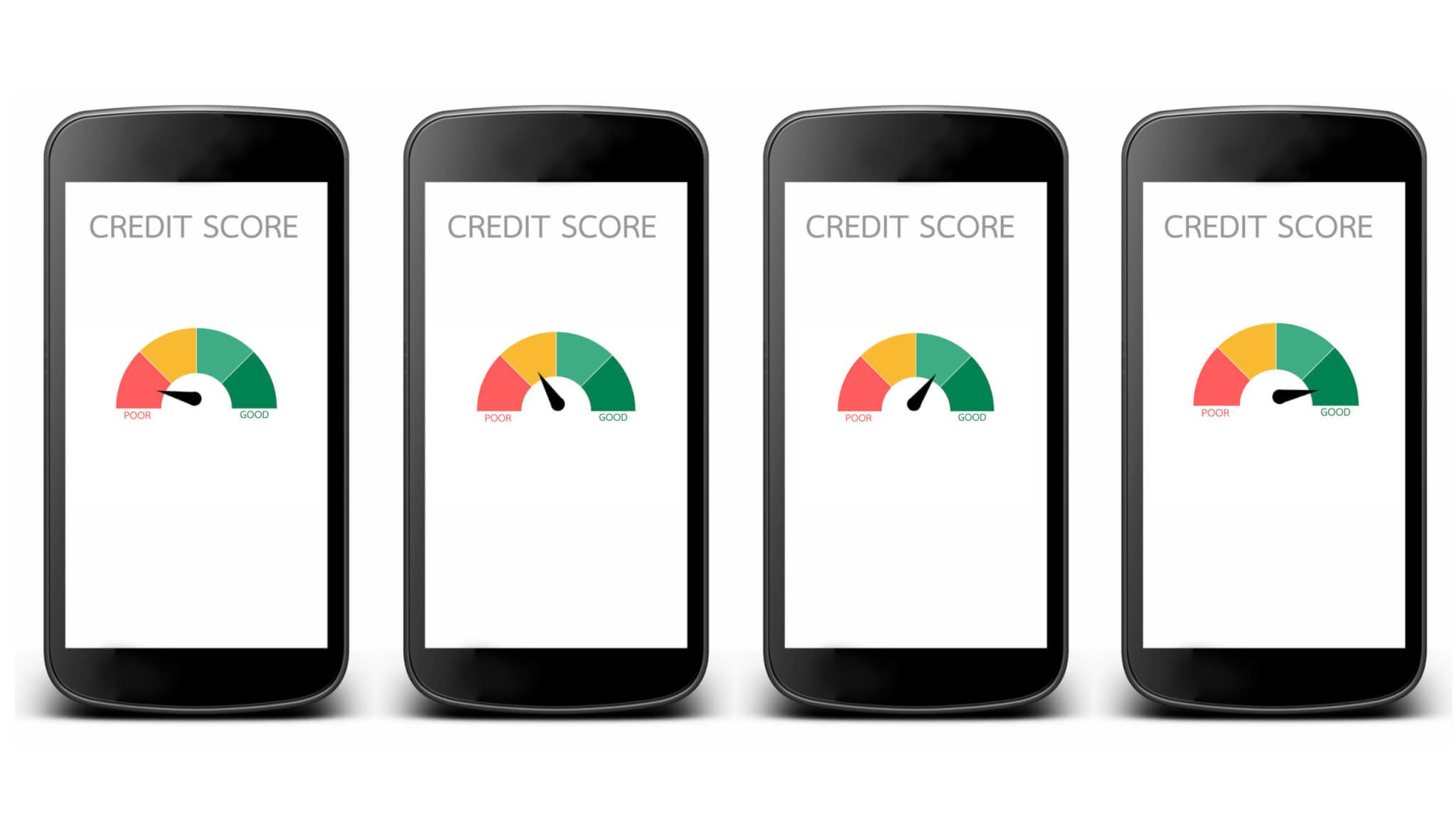
How does credit age affect my credit score?
Credit age, also known as credit history, is one of the key factors that affect your credit score. Your credit score is a three-digit number that represents your creditworthiness, or how likely you are to pay back loans or credit card balances on time. A high credit score indicates that you have a strong credit history and are likely to be approved for loans or credit at lower interest rates. In contrast, a low credit score suggests that you have a poor credit history and may struggle to obtain credit or may be subject to higher interest rates.
Credit age is a crucial component of your credit score, as it reflects how long you have been using credit. Generally, the longer your credit history, the higher your credit score is likely to be. Here’s how credit age affects your credit score:
- Length of credit history: The length of time you have been using credit is a significant factor in your credit score. If you have a long credit history, it shows that you have a track record of using credit responsibly over time. This demonstrates to lenders that you are a low-risk borrower, and they are more likely to approve you for credit.
- Age of credit accounts: The age of your oldest credit account is another important factor in your credit score. The older your credit accounts, the better it is for your credit score. This is because older accounts demonstrate that you have a long-term history of using credit responsibly.
- The average age of accounts: Your credit score also takes into account the average age of all your credit accounts. This means that opening new credit accounts can lower your credit score because it brings down the average age of your accounts. However, having a mix of old and new credit accounts can positively impact your credit score over time.
- Credit utilization: Your credit utilization ratio is the amount of credit you use compared to your total credit limit. A high credit utilization ratio can negatively impact your credit score. However, if you have a long credit history, lenders may be more willing to overlook high credit utilization in some cases.
- Recent credit history: Your recent credit history, including credit inquiries and new credit accounts, can also impact your credit score. While opening a new credit account can initially lower your credit score, paying it off on time and maintaining a low balance can improve your score over time.
Credit age is an essential factor that affects your credit score. The length of your credit history, the age of your credit accounts, and the average age of your accounts all play a role in determining your credit score. Therefore, it is essential to establish a long credit history, maintain a mix of old and new credit accounts, and use credit responsibly to improve your credit score over time. Additionally, it is important to monitor your credit report regularly to ensure that there are no errors or fraudulent accounts that could negatively impact your credit score.
Dovly is a free AI credit engine that can help you dispute any errors you find on your credit report. Try it risk-free with our free membership tier. Get in touch with Dovly today.


